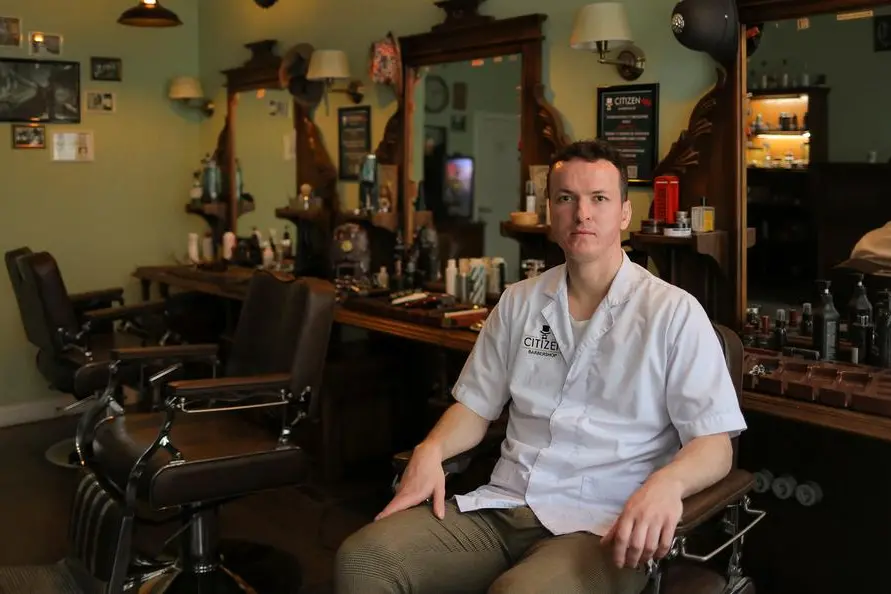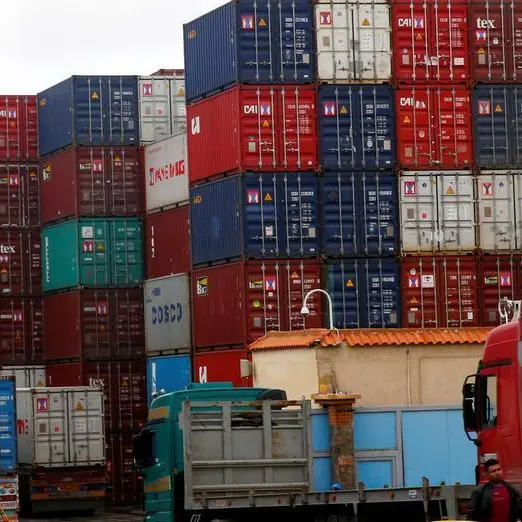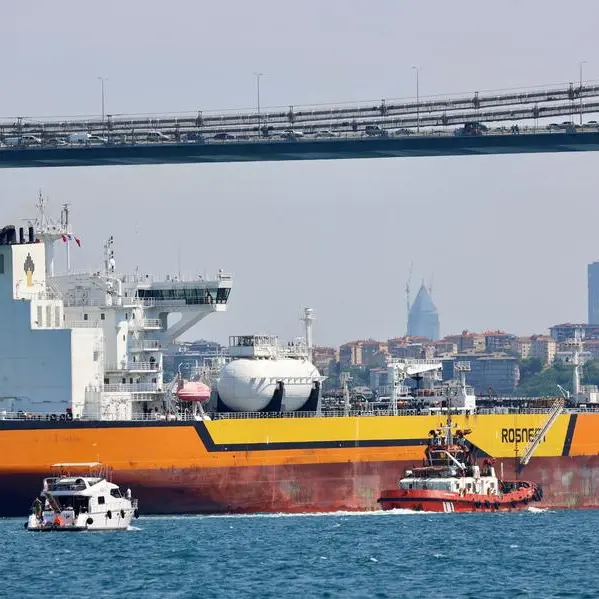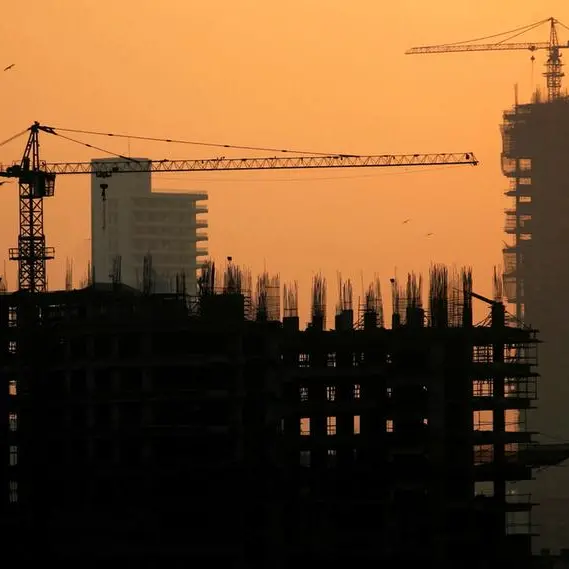PHOTO
MOSCOW - Faced with a sharp drop in clients since Russia began mobilising men to fight in Ukraine, Moscow barber Artemiy Zolotorevsky is learning to cut women's hair to keep his business afloat.
With hundreds of thousands of men having joined the army or fled Russia in the last month, barbershops around Moscow are fighting for survival, three barbers told Reuters.
A seasonal decline in bookings became more widespread after President Vladimir Putin's partial mobilisation order on Sept. 21, Zolotorevsky said, with staff numbers also dropping.
"Many of my regular clients were posting stories on Instagram about leaving," he told Reuters. "We lost several key staff members and this trend is continuing - men are leaving more and more.
"There are more women left ... so I decided that it was probably the right time to widen my skill set and start cutting their hair," Zolotorevsky said. "I take the metro and see more women than men, so I think it makes sense to expand in this direction.
"I don't see another way out of this yet," he added.
Another barber, Kirill Kryukov, said Citizen Barbershop where he works lost around 30% of its clients as soon as the mobilisation was announced, with staff also affected.
"My colleague Pasha was mobilised and taken away, which has very strongly impacted business revenues," he told Reuters.
Barbershop owner Sergei Abubekerov said the nature of his profession had made it particularly vulnerable: "Being a barber is a creative profession, where lots of young, progressive guys work. Obviously, many of them are now leaving.
"Lots of my friends and people I know personally from all over Russia have left," he said. "The business is now facing the problem that there aren't enough employees."
The central bank last week said mobilisation was posing new challenges, especially for small- and medium-sized enterprises, flagging risks linked to a shrinking workforce as well as consumer and business confidence.
Maria Shagina, research fellow at the IISS think tank, said mobilisation had aggravated an existing brain drain from Russia.
"SMEs have been disproportionately affected," she told Reuters. "Prior to mobilisation, businesses fought for state funds and subsidies, now they fight for the workforce."
The Kremlin has announced some financial support for those mobilised, but the barbers said their businesses had received none.
"We had no support from the authorities, not during the COVID pandemic, not now," Zolotorevsky said. "There is no support for anything."
(Reporting by Alexander Marrow in Moscow and Jake Cordell in Tbilisi; editing by Philippa Fletcher)





















